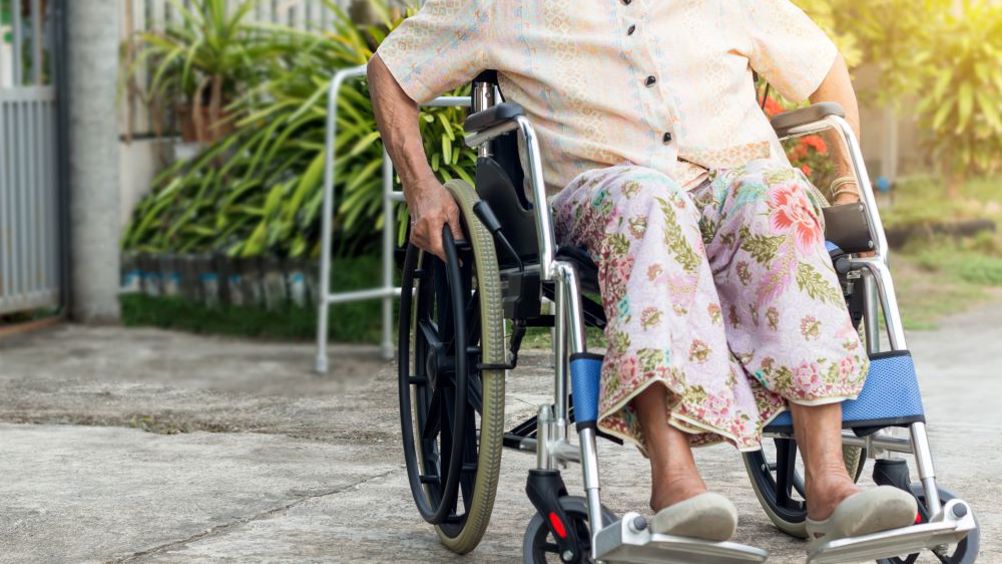References
The neurogenic bladder: developing a consensus bladder and bowel management pathway for people with MS

Abstract
This article outlines how the bladder can be affected in neurological conditions such as multiple sclerosis (MS) and the impact this has on patient quality of life and NHS resources. A group of MS and bladder and bowel nurse specialists has developed consensus bladder pathways in the hope that all nurses in contact with patients who are likely to have neurogenic bladder symptoms become ‘bladder aware’.
Neurogenic bladder dysfunction (NBD) and neurogenic lower urinary tract symptoms (LUTS) occur when a person develops bladder problems because of disease or injury to the central nervous system or the peripheral nerves involved in the control of urination. There are multiple types of neurogenic bladder dysfunction and resulting symptoms are dependent on the underlying cause. Millions of people are affected, including those with multiple sclerosis (MS), Parkinson's disease and spina bifida. NBD can also affect people who have had a stroke, spinal cord injury, major pelvic surgery, diabetes or other illnesses.
Bladder dysfunction has a wide-ranging negative impact on patients' quality of life (Browne et al, 2015, Lakin et al, 2021) and common characteristics of the neurogenic bladder include impaired bladder function, high intravesical pressures and urinary retention with the need for catheterisation. There is a significant increase in the risk of urinary tract infections (UTIs) and, aside from this, bladder problems are one of the leading causes of emergency hospital admission in conditions such as MS and Parkinson's disease (Thomas et al, 2022a). Symptoms of the neurogenic bladder include urge and stress incontinence, as well as a failure to empty the bladder. Management may include pharmacological and non-pharmacological interventions.
Register now to continue reading
Thank you for visiting British Journal of Nursing and reading some of our peer-reviewed resources for nurses. To read more, please register today. You’ll enjoy the following great benefits:
What's included
-
Limited access to clinical or professional articles
-
Unlimited access to the latest news, blogs and video content

